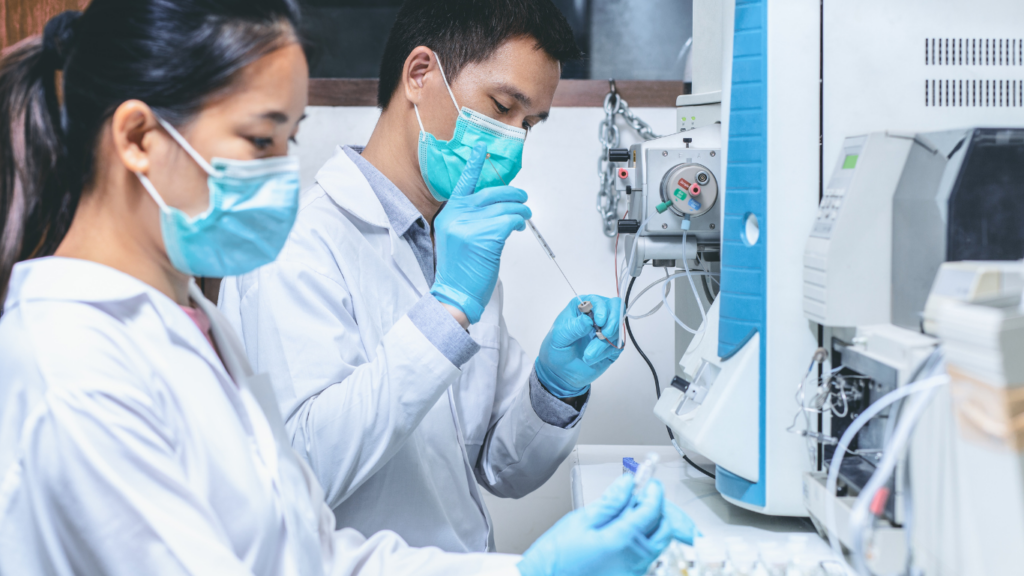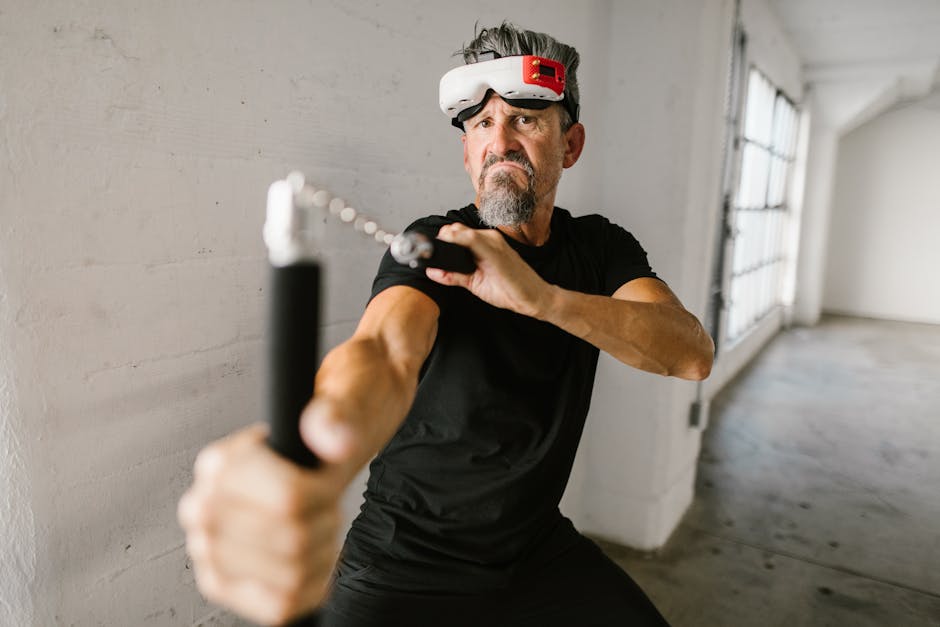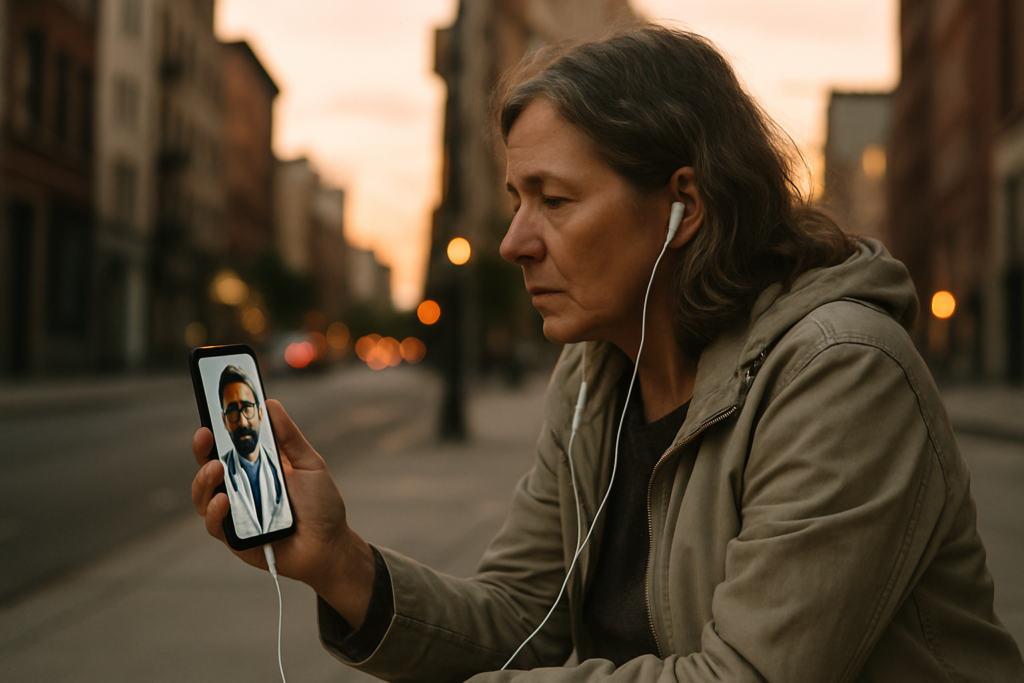Exciting advancements in virtual reality (VR) technology are revolutionizing the landscape of pharmaceutical research. As I delve into the realm of VR applications in this cutting-edge field, it’s clear that the future holds immense potential for transforming how drug development and clinical trials are conducted.
From enhancing drug design processes to offering innovative solutions for patient engagement, VR is poised to reshape the way we approach healthcare innovation.
In this article, I’ll explore the intersection of VR and pharmaceutical research, shedding light on the opportunities and challenges that lie ahead. Join me on a journey through the possibilities that VR presents for accelerating drug discovery, improving treatment outcomes, and ultimately, revolutionizing the healthcare industry.
Let’s unlock the door to a future where virtual reality transcends entertainment and becomes a powerful tool in the pursuit of medical advancements.
Evolution of Virtual Reality in Pharmaceutical Research
Exploring the evolution of Virtual Reality (VR) in pharmaceutical research reveals a transformative journey that holds immense promise for the healthcare industry. VR technology has made significant strides in recent years, pushing the boundaries of innovation and revolutionizing traditional approaches to drug development and clinical trials.
This evolution showcases the versatile applications of VR beyond entertainment, offering a new realm of possibilities for enhancing medical research and improving patient care.
The integration of VR in pharmaceutical research marks a turning point in the way drugs are developed, tested, and brought to market. By creating immersive virtual environments, researchers can simulate complex biological processes, visualize molecular interactions, and design innovative drug therapies with unprecedented accuracy and precision.
This shift towards virtual experimentation streamlines the drug discovery process, accelerates time-to-market for new medications, and ultimately leads to more effective treatments for various medical conditions.
Moreover, the evolution of VR in pharmaceutical research extends to the realm of clinical trials, where virtual simulations play a crucial role in enhancing patient engagement, monitoring treatment outcomes, and optimizing healthcare interventions. By leveraging VR technology, researchers can create realistic scenarios that mimic real-world healthcare settings, allowing patients to actively participate in their treatment journey and healthcare providers to deliver personalized care based on comprehensive data insights.
In essence, the evolution of VR in pharmaceutical research represents a paradigm shift towards a more patient-centric approach to drug development and healthcare innovation. By harnessing the power of immersive virtual experiences, researchers can drive significant advancements in medical science, improve treatment efficacy, and shape the future of personalized medicine.
The continued evolution of VR technology in pharmaceutical research holds the promise of unlocking new opportunities for collaboration, discovery, and transformation within the healthcare landscape.
Advantages of Integrating VR in Pharmaceutical Studies
Virtual Reality (VR) offers a plethora of advantages when integrated into pharmaceutical studies, revolutionizing the way researchers approach drug development and healthcare innovation. Let’s explore how VR technology enhances pharmaceutical research:
Enhanced Data Visualization
I leverage VR to revolutionize data visualization in pharmaceutical studies by creating immersive 3D models that provide a deeper understanding of complex biological processes. These realistic simulations allow me to visualize molecular interactions, drug mechanisms, and disease pathways with unparalleled clarity.
By immersing myself in these virtual environments, I gain valuable insights that lead to more informed decision-making and innovative drug discovery.
Improved Training and Simulation
When it comes to training and simulation in pharmaceutical research, VR technology offers me a cutting-edge solution. Through interactive simulations and virtual scenarios, I can train myself in realistic laboratory settings, practice surgical procedures, and enhance my clinical skills in a risk-free environment.
This hands-on experience allows me to refine my techniques, improve my decision-making abilities, and prepare for real-world challenges with confidence. Overall, VR-based training enhances my proficiency as a researcher and contributes to the advancement of pharmaceutical studies.
Current Applications of VR in Pharmaceutical Research
Exploring the current applications of Virtual Reality (VR) in pharmaceutical research reveals a dynamic landscape of innovative uses that are shaping the future of drug development and healthcare solutions.
In pharmaceutical research, VR is being leveraged to facilitate Drug Discovery by creating virtual environments that simulate molecular structures and interactions. Researchers can visualize the complex process of drug-target binding and understand the mechanisms of action with enhanced clarity, leading to the design of more effective therapeutic agents.
Moreover, VR is revolutionizing Clinical Trials by enabling researchers to conduct virtual trials in immersive environments. Participants can engage with virtual scenarios that replicate real-world healthcare settings, enhancing their understanding of treatment procedures and potential outcomes.
This approach not only improves participant compliance but also provides valuable insights into patient experiences and responses to different interventions.
Furthermore, VR is enhancing Training and Education in pharmaceutical research by offering immersive learning experiences for researchers and healthcare professionals. Through VR simulations, researchers can practice intricate laboratory techniques, refine their skills, and enhance their proficiency in handling pharmaceutical processes without the constraints of physical limitations.
This immersive training environment contributes to the development of a skilled workforce capable of driving innovation and advancement in pharmaceutical research.
VR is paving the way for a new era of pharmaceutical research by transforming drug discovery, clinical trials, and training practices. Its applications not only increase efficiency and accuracy in research processes but also improve the overall quality of healthcare interventions, promising significant advancements in personalized medicine and patient care.
Challenges and Limitations of VR in Pharmaceutical Studies
Exploring the potential applications of Virtual Reality (VR) in pharmaceutical research is undoubtedly exciting; however, it’s crucial to acknowledge the challenges and limitations that come with integrating VR technology in this field. As a researcher, I’ve encountered several key obstacles that need to be addressed for the widespread adoption and effective utilization of VR in pharmaceutical studies:
- Cost Implications: Implementing VR technology in pharmaceutical research involves significant upfront costs for acquiring hardware, software, and specialized training. The expenses related to setting up and maintaining VR systems can be a barrier for research institutions with limited budgets.
- Technical Complexity: VR equipment requires technical expertise for setup, calibration, and troubleshooting. Ensuring seamless integration with existing research protocols and systems can pose challenges, especially for researchers without prior experience in VR technology.
- Data Accuracy and Validation: While VR simulations can provide immersive experiences, ensuring the accuracy and validation of data generated within these virtual environments is crucial. Validation processes for VR-generated data need to meet regulatory standards to ensure the reliability of research outcomes.
- User Training and Familiarization: Researchers and healthcare professionals may require specialized training to effectively utilize VR technology for pharmaceutical studies. Familiarizing users with VR interfaces, controls, and best practices is essential to optimize the efficiency and accuracy of research processes.
- Ethical Considerations: Incorporating VR in pharmaceutical research raises ethical concerns related to data privacy, informed consent, and the potential psychological impact on research participants. Maintaining ethical standards in VR-driven studies requires careful oversight and adherence to ethical guidelines.
- Integration with Traditional Research Methods: Integrating VR technology with traditional research methodologies and practices can present compatibility issues. Researchers need to ensure seamless coordination between VR simulations and conventional research approaches to maximize the benefits of both methodologies.
- Regulatory Compliance: Adhering to regulatory requirements and standards in pharmaceutical research is paramount. Researchers utilizing VR technology must navigate regulatory frameworks to ensure compliance with data privacy regulations, participant safety protocols, and research integrity guidelines.




